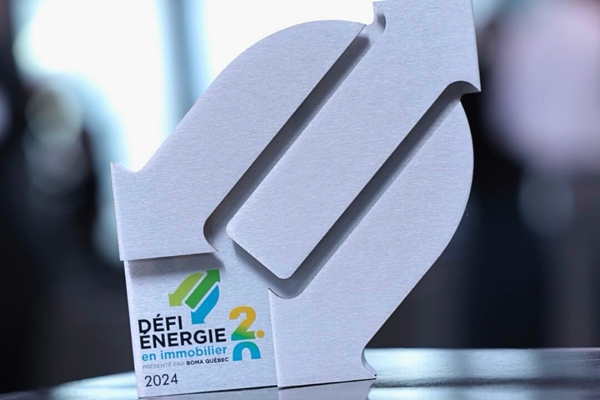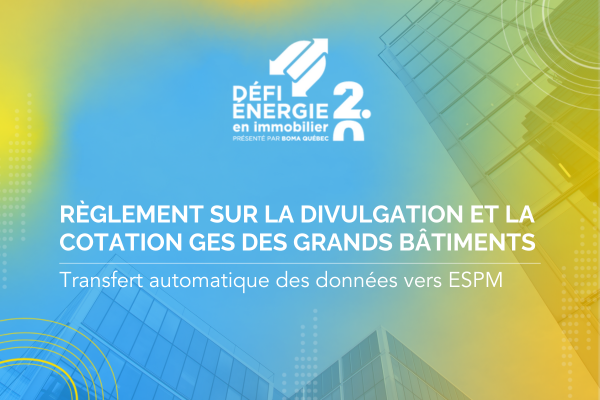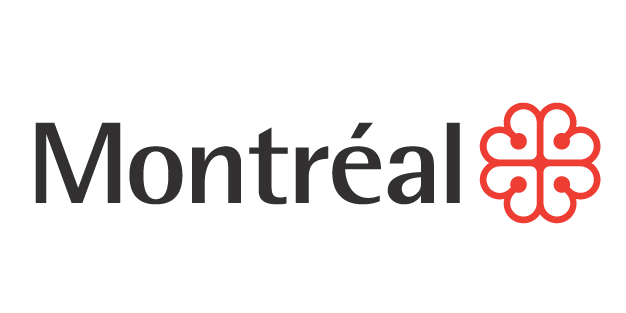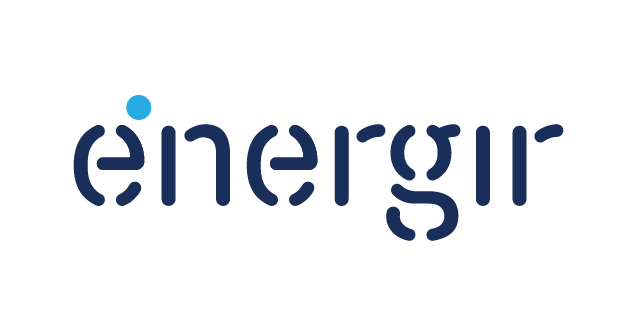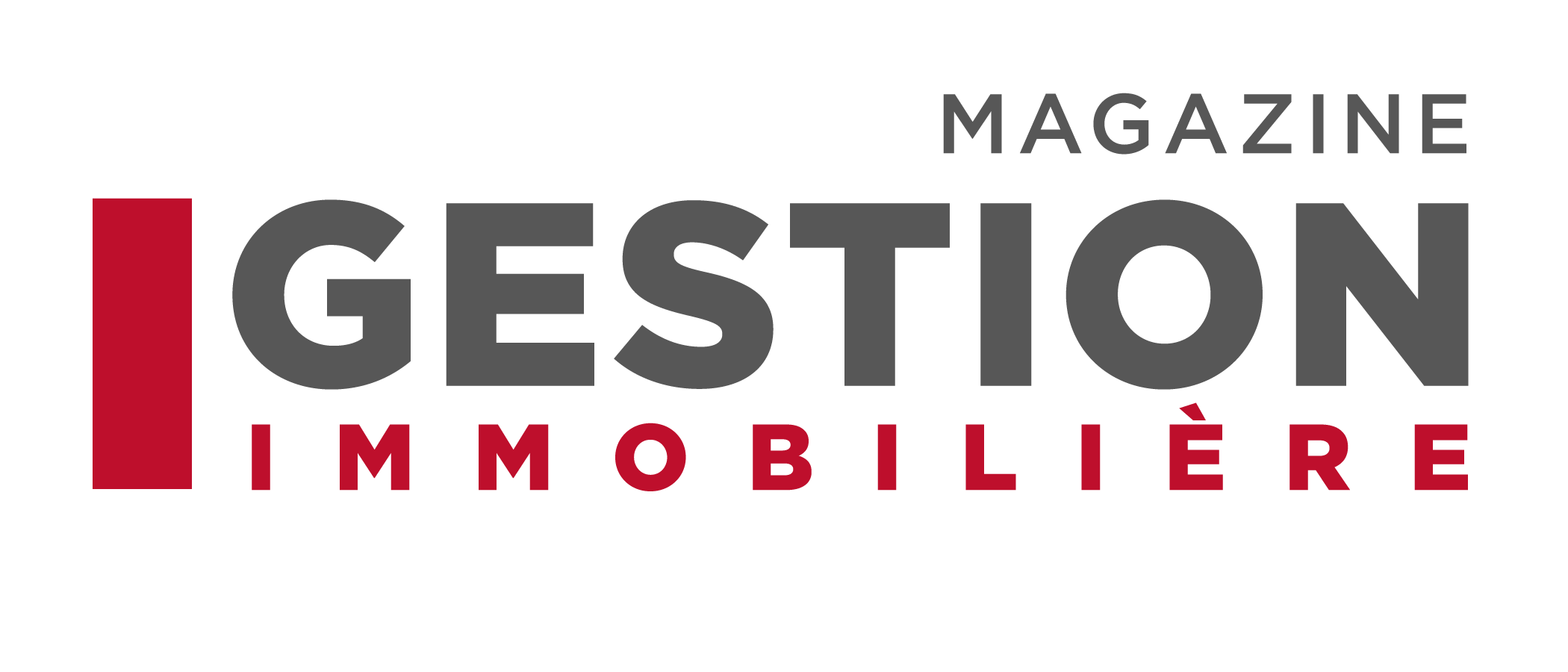Owners’ or tenants’ attitudes to changing current energy consumption practices can be a barrier to adopting energy efficiency measures and to taking part in the BEC. Most of the time, owner-tenant conflicts of that nature are due to the fact that owners must pay for upgrades, while it is the tenants who enjoy the immediate benefits of the changes. In fact, there are many barriers to implementing energy efficiency solutions. However, concrete strategies that allow tenants to get involved can be applied by the owner, or vice versa. The BEC Collaboration award can serve as an incentive for adopting collaborative energy management practices. Methods aimed at encouraging the participation of tenants are actively promoted by ENERGY STAR.

Here are a few obstacles in getting tenants to adopt energy efficiency measures, along with suggested solutions for overcoming that resistance:
- The desire to maintain the status quo.
Individuals tend to function well in an environment structured by clear rules. In order to overcome resistance to change, adopting eco-friendly behaviour and registering in the BEC should be presented as the default option. The ACEEE (American Council for an Energy-Efficient Economy) report When “Not Losing” is Better Than “Winning”: Using Behavioral Science to Drive Customer Investment in Energy Efficiency explains how to apply behavioural science to stimulate a commitment to energy efficiency.
- Individuals focus mainly on losses rather than gains.
Organizations are more sensitive to losses than to gains. Do not focus on what will be lost in terms of the status quo, but instead highlight the savings made by implementing energy efficiency solutions.
- Improved energy performance benefits many activities, and is thus hard to pinpoint and appreciate.
The BEC offers participants access to its resources, as well as a series of articles about the monetary, social and environmental benefits of energy efficiency. Owners or tenants can consult these resources when drafting a solid project to be presented to the other party.
- Split incentives: The party that finances energy efficiency projects is not the one that benefits from the resultant lower costs.
The triple net lease and the green lease (French article) can include clauses on equal sharing of savings, and such leases can be automatically included in the rental contract. Negotiations for energy efficiency measures are thus promptly instigated, rather than being potential additions at a later date.
- Too many energy-saving initiatives may discourage people from implementing them.
Simple, concrete measures are presented on the BEC website. Owners and tenants are encouraged to consult them. The solutions proposed cover energy efficient behaviours and technical solutions. Case studies are also available to BEC participants, e.g. Common Wealth Partners, Shorenstein or the ACEEE energy efficiency measures to retrofit multi-family housing.
Additional Resources
- The following article is a 5-step guide to best practices for collaboration between building owners and tenants in order to promote building sustainability.
- An ENERGY STAR webinar entitled Engaging Commercial Tenants in Energy Efficiency will be presented on December 5, 2019, its focus being how to get tenants committed to energy efficiency. It includes interviews with people who have successfully achieved tenant collaboration. More information is available at webinar.

